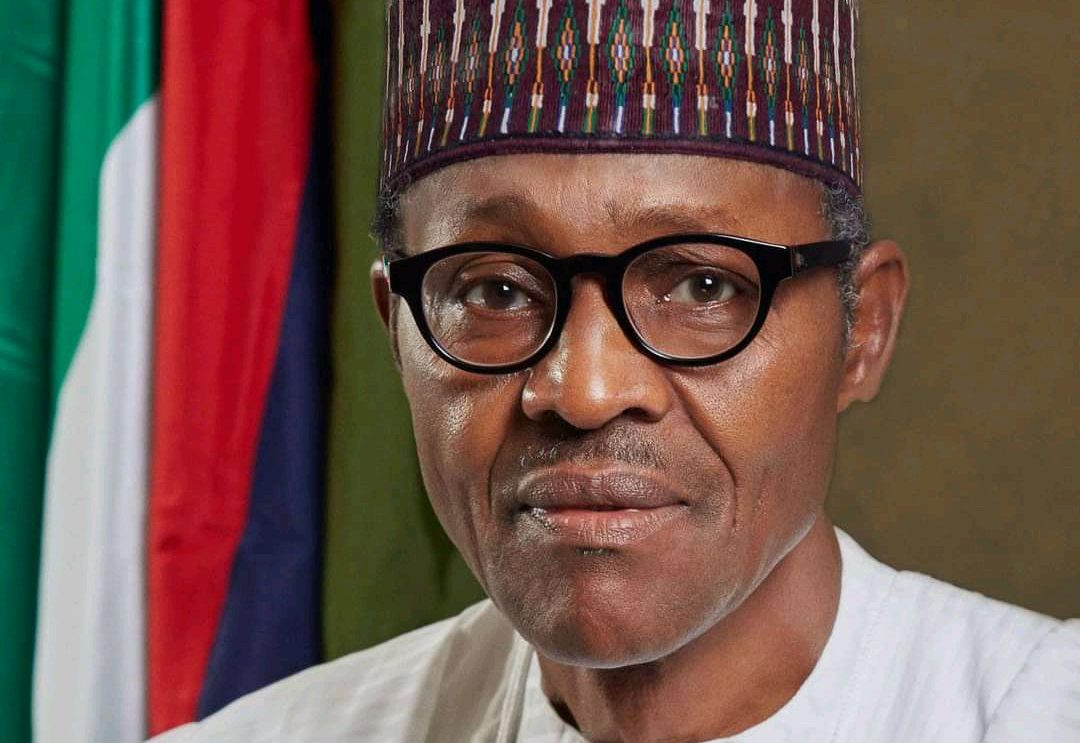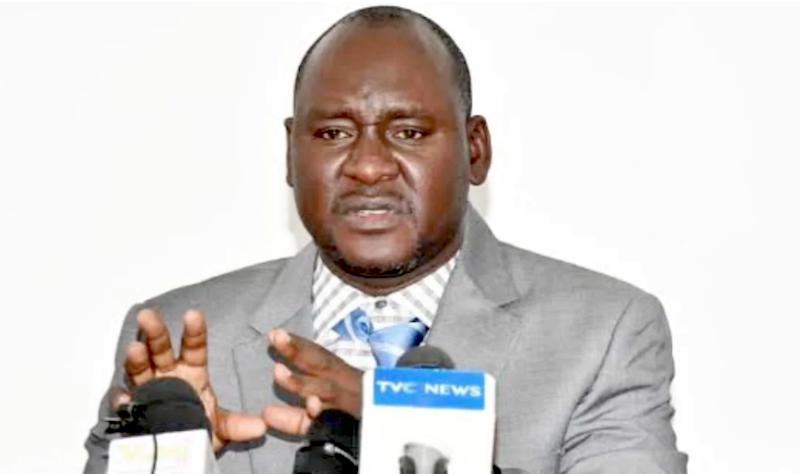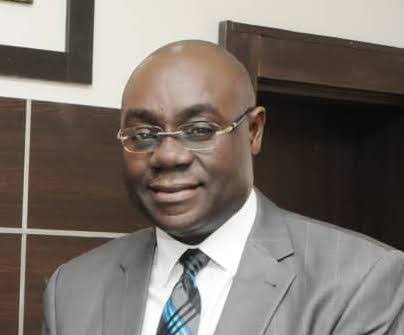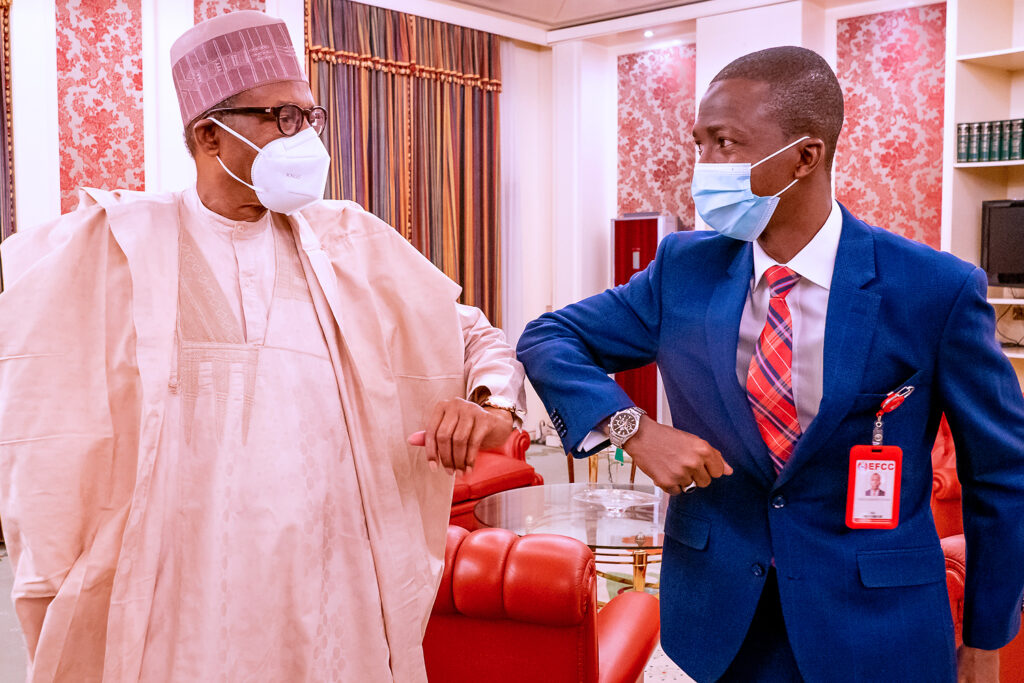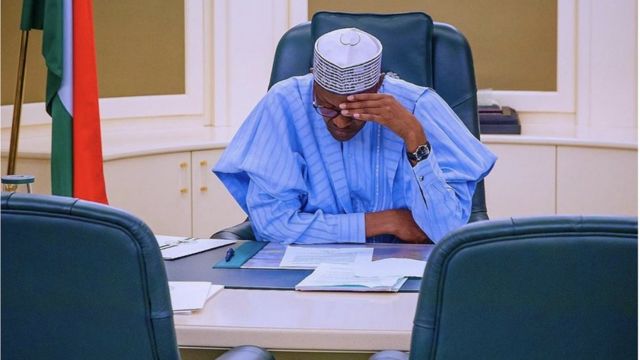The Economic Financial Crimes Commission (EFCC) and Civil Society Legislative Advocacy Centre (CISLAC) on Wednesday said Illicit Financial Flow (IFF) in Nigeria was perpetuated by past corrupt leaders and their foreign accomplices and multinational companies.
Executive Director CISLAC, Mr Auwal Rafsanjani and EFCC Chairman, Mr Abdulrasheed Bawa said this at a conference on Illicit Financial Flow (Corruption in Arbitration) on Wednesday in Abuja.
Bawa, represented by Mr Abiodun Adebanjo, Head, Research Unit, Department of Policy Research and Statistics, EFCC, said that IFF remained Nigeria’s most pervasive and daunting challenge.
“The situation we have seen in Nigeria is that corrupt government officials and their private sector collaborators use fronts and ownership structures that do not provide sufficient information about the true identities of the natural persons behind the title to hide illicit money and transfer same to safe heaven foreign jurisdictions.
“The real problem is not just about anonymity but the lack of transparency on the part of the countries where these monies are being held to the countries where these monies being are stolen from.
“In Nigeria, we see a case in which influential officials use their positions to pilfer government resources and extract maximum rent from the country’s mineral resources with minimum or no benefit to the citizens.
“In practical terms, billions of dollars are lost annually in royalties and fees for licenses which politically connected individuals appropriate to themselves, using fronts and secret ownership arrangements.
“This deprives Federal Government huge amounts of monies needed for development,’’ he said.
Bawa said that investigations by the EFCC and other international law enforcement agencies revealed that the massive flow of illicit money out of Nigeria was facilitated by Global Shadow Financial System (GSFS).
This, he said comprised of tax havens, secrecy jurisdiction, disguised corporations, anonymous trust accounts, fake foundations, trade mispricing, multinational asset stripping and money laundering techniques.
Executive Director, CISLAC, Mr Rafsanjani said that the situation of Nigeria regarding IFF and Money Laundering (ML) was extremely challenging.
“Putting things into perspective, Nigeria loses about 15billion dollars to 18billion dollars annually to Illicit financial outflows.
“This is largely generated by tax evasion but fueled also by grand corruption, organised crime activities and many other licit and illicit practices.
“Although Nigeria might be an extreme case, this model is replicated throughout Africa.
“Recent high UN panel calculated that for every 1 dollar gained through foreign direct investment and oversees development aid, Africa loses 2 dollars because of illicit financial outflows,’’ he added.
Rafsanjani said that corruption and gaps in the investor-state arbitration proved to be another area where Nigeria lose precious resources while most Nigerians live in abject poverty.
The executive director said that a single case in point was the Process & Industrial Developments Limited contract which may cause Nigeria gigantic loss of funds.
He said that the arbitration case concerned a 2010 contract relating to the construction and operation of a gas processing facility between Process and Industrial Developments Ltd (P&ID).
Rafsanjani said the P&ID was a company incorporated in the British Virgin Islands, and the Nigerian Ministry of Petroleum Resources.
The executive director said that in less than three years after the contract was signed, P&ID initiated arbitration, alleging that Nigeria had not performed its obligations under the contract and sought for damages for lost profits.
He said that the tribunal concluded that Nigeria had repudiated the contract and awarded P&ID 6.6 billion dollars in damages plus seven per cent interest per annum.
“Even though neither party had taken significant steps to perform their obligations under the contract.
“Nigeria did not immediately pay the award. This damage in favor of the P&ID, a sum which if includes the seven per cent interest per annum will be at about 10billion dollars, a figure equal to 28 per cent of the country’s current 2021 annual budget,’’ he said.
Rafsanjani said if Nigeria had had a clearer and more robust laws and processes around public procurement, such a deal would have never happened.
The executive director said that public procurement laws and procedures needed to be upgraded, made unconditionally public and be rigorously enforced.
He advised that Nigeria should also avoid signing up for Public Private Partnerships that were not in the public interest.
Rafsanjani said that unless all government contracts, especially those concerning the oil sector, were made public, Nigeria would continue to lose billions of dollars monthly due to corruption, incompetency, and international scams.
He called for a beneficial ownership register as well as the adherence to open contracting principles and also called on the federal government to inaugurate the procurement council as stipulated in the Procurement Act 2007.
Prof. Sadiq Radda, Executive Secretary, Presidential Advisory Committee Against Corruption (PACAC) said that as far as government was concerned, there was no going back in the fight against corruption.
Radda said that the current administration made commitment to Nigerians that corruption would be fought, in order words it would not be business as usual because Nigeria would not make progress until corruption was fought.
